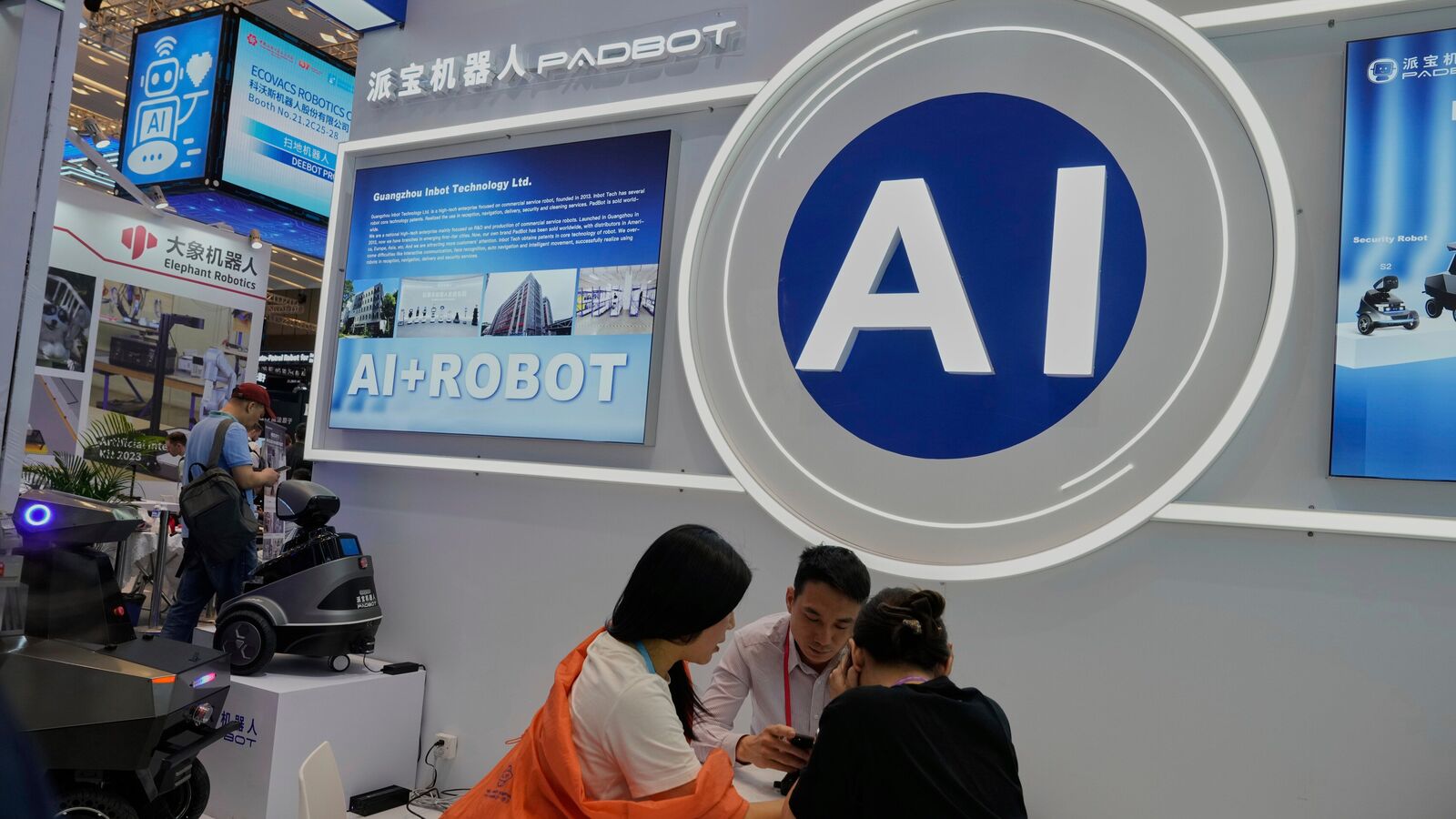Does Chinese AI Live Up to the Hype?

Understanding the Dynamics of China’s AI Landscape: DeepSeek and Beyond
Overview of DeepSeek’s Emergence
DeepSeek has ignited discussions about China’s capabilities in artificial intelligence (AI) as it entered the market amid a notable stock market rally. The enthusiasm surrounding DeepSeek’s debut implied that China could present a formidable competitor to American technology. However, early findings raise doubts about the sustainability of this position, suggesting that effective U.S. policies could significantly weaken China’s perceived threat.
China’s Reliance on American Technology
Dependency on U.S. Expertise
China’s advancements in AI are intricately linked to American technology, data, and expertise. For instance, DeepSeek and Ant Group, both prominent players in the Chinese AI sector, claim to offer sophisticated alternatives to U.S. models. Yet, reports indicate that DeepSeek may have utilized unlawfully acquired data and relied on knowledge from companies like Microsoft.
The New York Post highlighted that Microsoft’s Chinese research facilities played a crucial role in training key researchers at DeepSeek, with some spending up to a decade working in these labs. Additionally, Bloomberg reported that Microsoft’s security experts monitored activities suggesting the potential unlawful extraction of data via the OpenAI interface. OpenAI has even accused DeepSeek of using its proprietary models to enhance its own AI systems. Moreover, the U.S. Commerce Department is investigating whether DeepSeek has utilized Nvidia chips, which are subject to U.S. export restrictions.
Access to American Technological Resources
It’s concerning that Chinese tech companies have significant access to American expertise, especially given the ongoing tensions between the two nations. Notable figures in companies like Alibaba, Baidu, and even TikTok have connections to Microsoft’s Chinese labs. Last year, Chinese smartphone manufacturers Xiaomi and Oppo initiated sensitive collaborations with tech giants like Google and Apple, incorporating AI technologies into their devices sold abroad.
Financial Support from Western Investors
The Role of Foreign Investments
Chinese tech firms also benefit from foreign financial backing. According to Franklin Templeton analyst Christy Tan, investors are attracted to the potential for growth in China, akin to a "safety net" analogy known as the “Xi put.” This sentiment mirrors the U.S. Federal Reserve’s practice of providing fiscal stimulus to boost tech stock values.
DeepSeek’s stock market surge was also influenced by a highly publicized event featuring Xi Jinping and Ant Group’s founder, Jack Ma, signaling a renewed support from Beijing after a period of government scrutiny.
Regulatory and Monetary Support
On the regulatory side, Beijing has encouraged “undervalued firms” to enhance shareholder returns by stock buybacks. Additionally, the Chinese government has facilitated access to capital for domestic banks, allowing them to support stock trading through loans and collateralized shareholdings. Recent announcements indicate plans for a significant investment into China’s largest banks to aid funding for stockbrokers.
Current Economic Challenges in China
Despite these supportive measures, China’s economic growth appears sluggish. The Rhodium Group estimates that actual growth in 2024 was around 2% to 3%, raising concerns about the government’s ability to achieve its stated targets. Fitch Ratings suggests the budget deficit could reach 9% of GDP by 2025 as China grapples with deflation and dwindling tax revenues.
Opportunities for U.S. Strategic Response
Given the weakness in China’s economy and its dependency on U.S. technology, there are several actions the U.S. government may consider to mitigate the competitive threat:
1. Tightening Export Controls
Enhancing export regulations on AI-related technologies and national defense supplies can restrict Chinese access to critical components needed for their advancements.
2. Limiting Financial Access
Working with Congress to limit Chinese firms’ access to U.S. financing and stock exchanges could further stymie their growth and capability to innovate.
3. Imposing Sanctions on Chinese Banks
Targeting Chinese financial institutions that support illicit activities would showcase U.S. commitment to national security while discouraging unethical transactions.
4. Reciprocal Trade Barriers
In response to China’s restrictive practices against American firms, implementing similar barriers could level the playing field in global markets.
5. Collaborating with Allies
Strengthening alliances with other nations to limit China’s technological recourse can significantly enhance U.S. efforts in this competitive landscape.
These measures could help diminish the liquidity supporting Chinese markets and limit their access to advanced technology without necessitating massive investments akin to those by Western companies.



